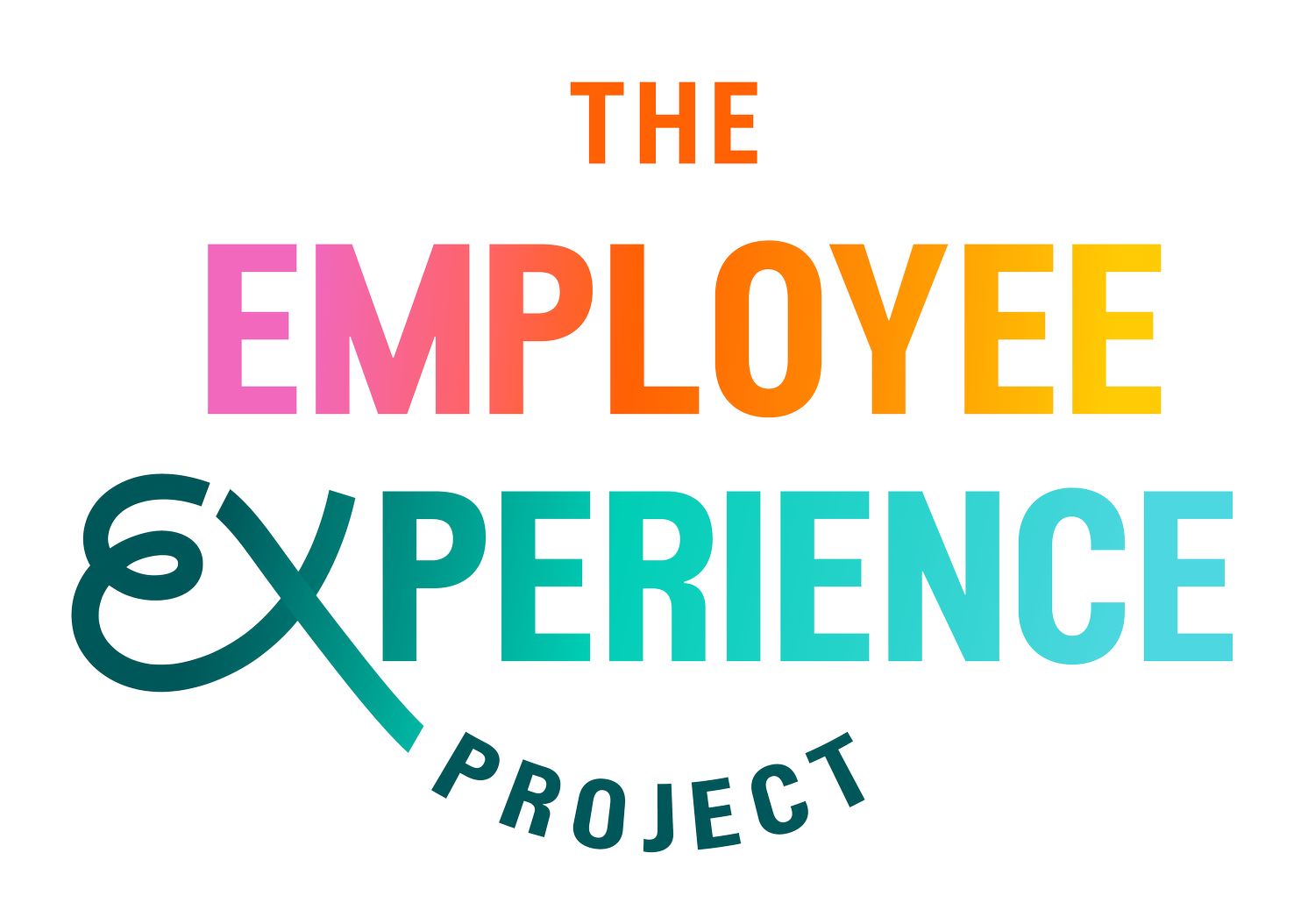Lessons from culture change gone wrong
A lot can go wrong during the culture change process.
I’m not sure if it's the short days and cold air that is influencing me, but for this blog, I found myself reflecting on a previous approach to work I am actually not proud of.
(Although because I’m not the regret type… I found myself also exploring what I learnt from it and how I’ve adapted as a result).
In the past, I would sometimes pitch up to client sites to conduct consultation sessions with managers and colleagues on culture change and find that the people in the room didn’t know why they were there.
‘It was just slotted into my diary’
‘My manager told me to come’
I got those responses when I routinely asked the question, ‘do you know why you are here?’
Which - to be clear - puts as much responsibility on my shoulders for ineffective set up as it does those allocating people into the sessions.
I learnt a lot from these times. I’d work hard in the sessions to paint the picture of culture change and incite the group to revolution, dreaming-up a world where their business could create positive and motivating experiences for them.
But this wasn’t my job to do, as an external consultant ➡️ I might get people motivated in the moment, but that approach just didn’t cut it in a number of ways;
It didn’t allow the change to feel like it was coming from the business, owned and driven from those with the power and influence to repair old words of broken trust and mistakes or create the sustainable conditions for change.
The change didn’t make sense in the context of the day-to-day operation of the business, only leaders who are linking ideal culture cultivation to core business goals and priorities, that drive day to day decision making and behaviour can really show how a shift in culture will fuel the business moving forward.
Now when I work with clients, I am clear about the need for strong and clear communications that:
Builds a clear strategic narrative
Why does our culture need to shift and what will that enable? How will it supercharge our progress towards our goals or help us respond to the external or market pressures we face? What does it mean for our capability to respond to the day-to-day challenges and opportunities we faced in our roles?
Set out how it will impact colleagues on a personal level
What sort of employer are we trying to be and to what extent are we signing up to make this a place where work is a positive and energising part of the rest of colleagues’ lives?
Define the role we want colleagues to play
Focusing on the idea that culture is a team sport and setting the opportunities that colleagues will get to contribute, co-create or act through the change process. It's critical here that we show people their value and role in creating their own and others experiences of work.
Acknowledge past mistakes or missteps and be transparent about how you want to move forward
There is nothing that loses the trust of our people more than making a mistake or unpopular decisions….. and then trying to weave an unrealistic story around it. In my experience businesses are littered with landmines of previous unpopular decisions or leadership mistakes that have never been truly acknowledged and worked though. Their influence is toxic and insipid, and sometimes we just need to do something to clear the air and realise the negative power of those things.
Considers stages of readiness for change and builds personas for communications that seek to connect to people at all levels.
While segmenting our audiences based on their current characteristics, experiences and attitudes to change is ideal, at the very least using our understanding of the different stages of colleague readiness, to target our core messages for comms is helpful. You can read more about that in our blog on readiness here.
Often in our excitement to get things moving in change, we act as if our colleagues have the same knowledge and understanding of our intent as we do.
We really need to challenge ourselves to ensure the comms and engagement elements of our action is targeted and purposeful.
If we want culture to be a team sport, we need to communicate and connect with our team to get them playing the same sport in the same field… and focused on the same goal.
CHECK OUT WHAT'S COMING!
Readiness is such a gamer changer for us that we are launching a free readiness diagnostic next month and will be hosting a webinar on the topic to explore how you can use your results to tailor your messages.
HOLD THE DATE - 28th February at 10am - Sign up here.
